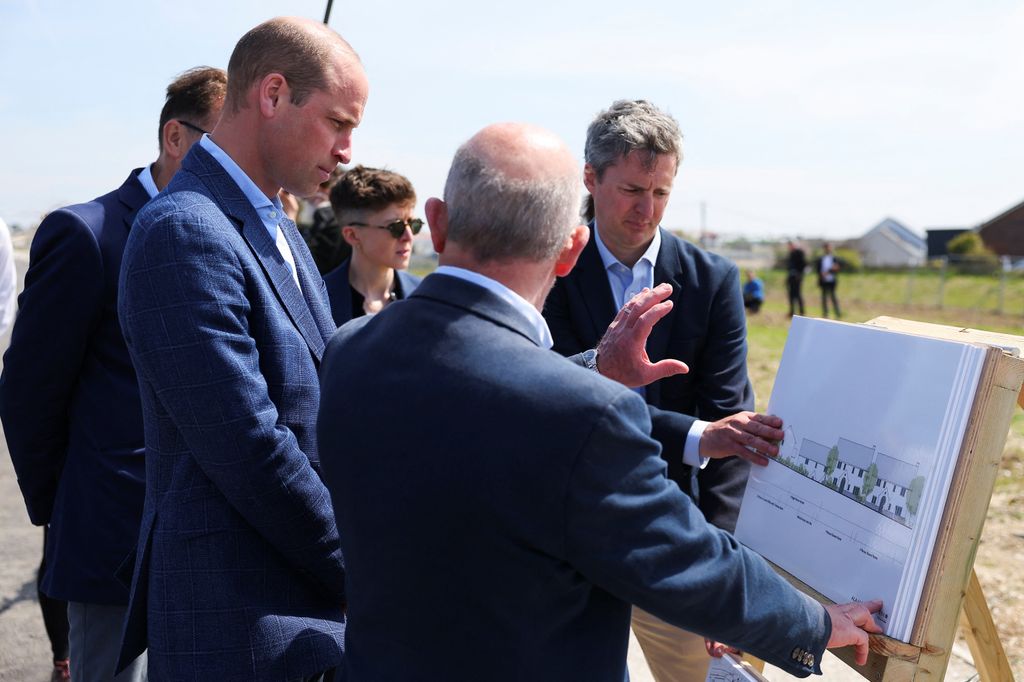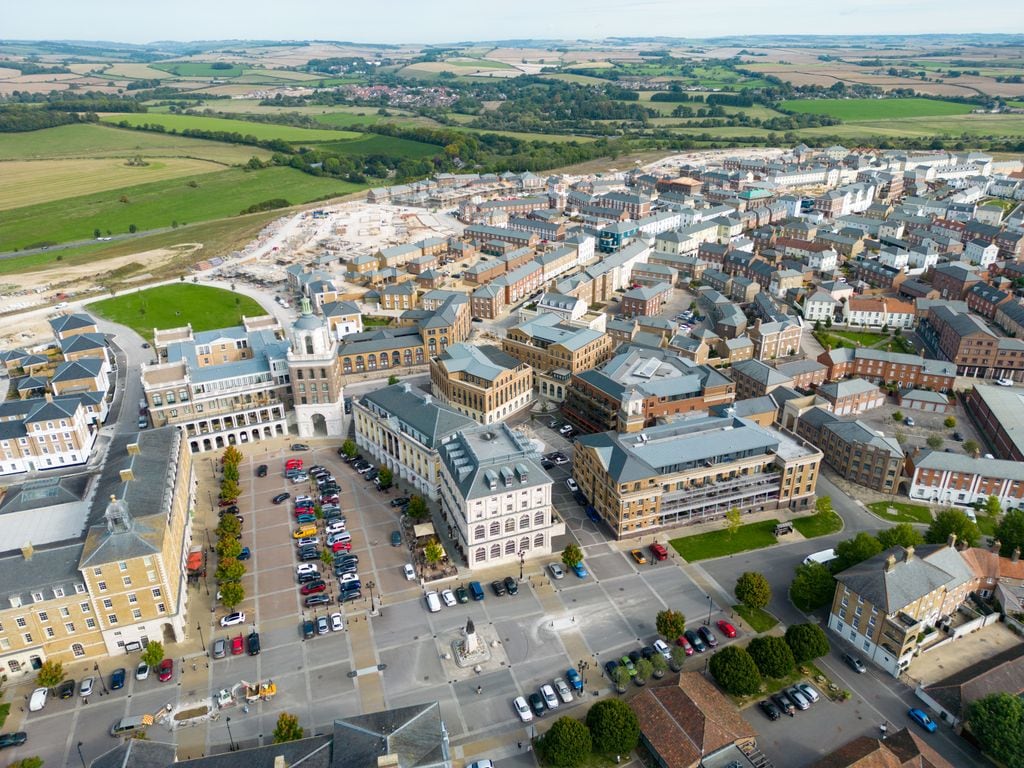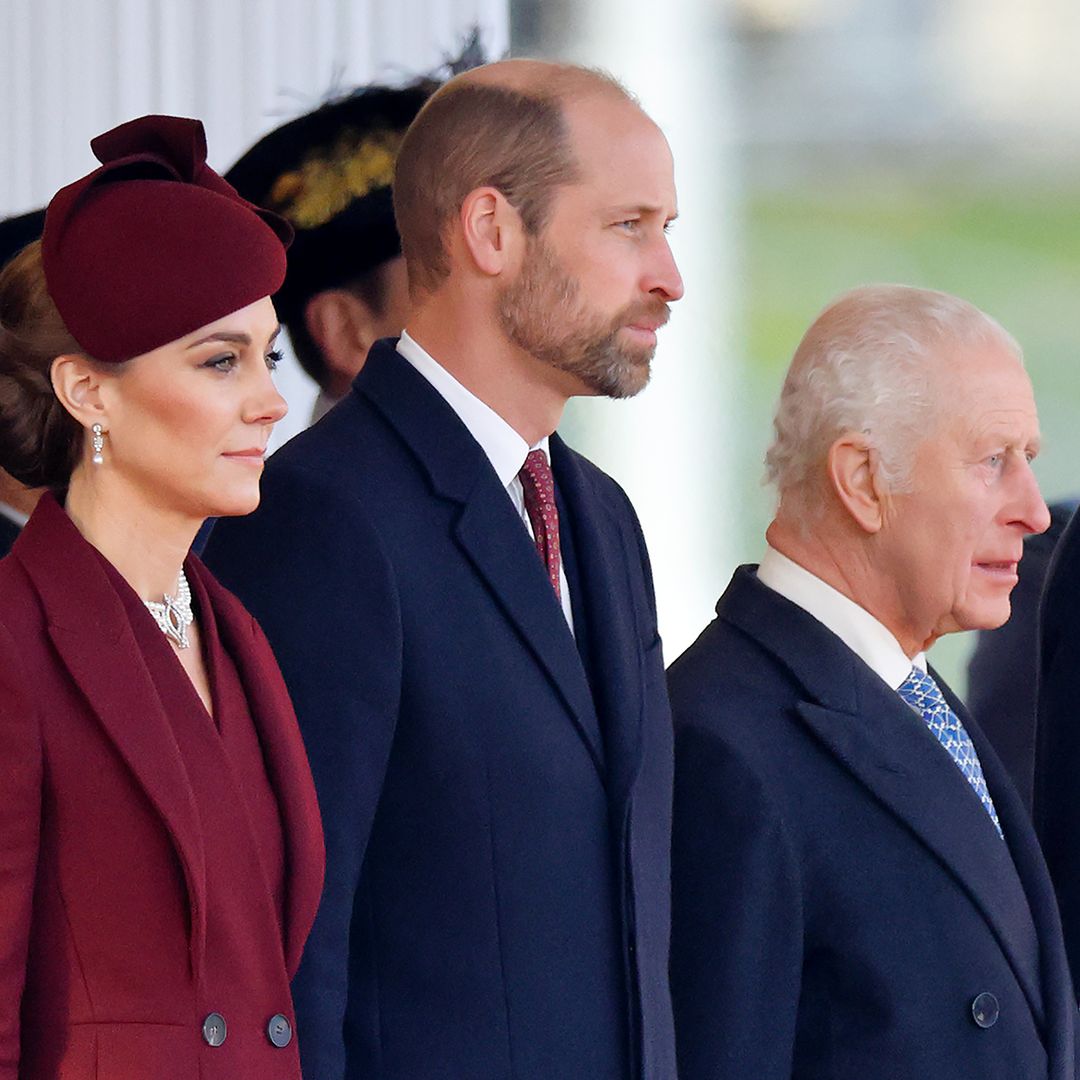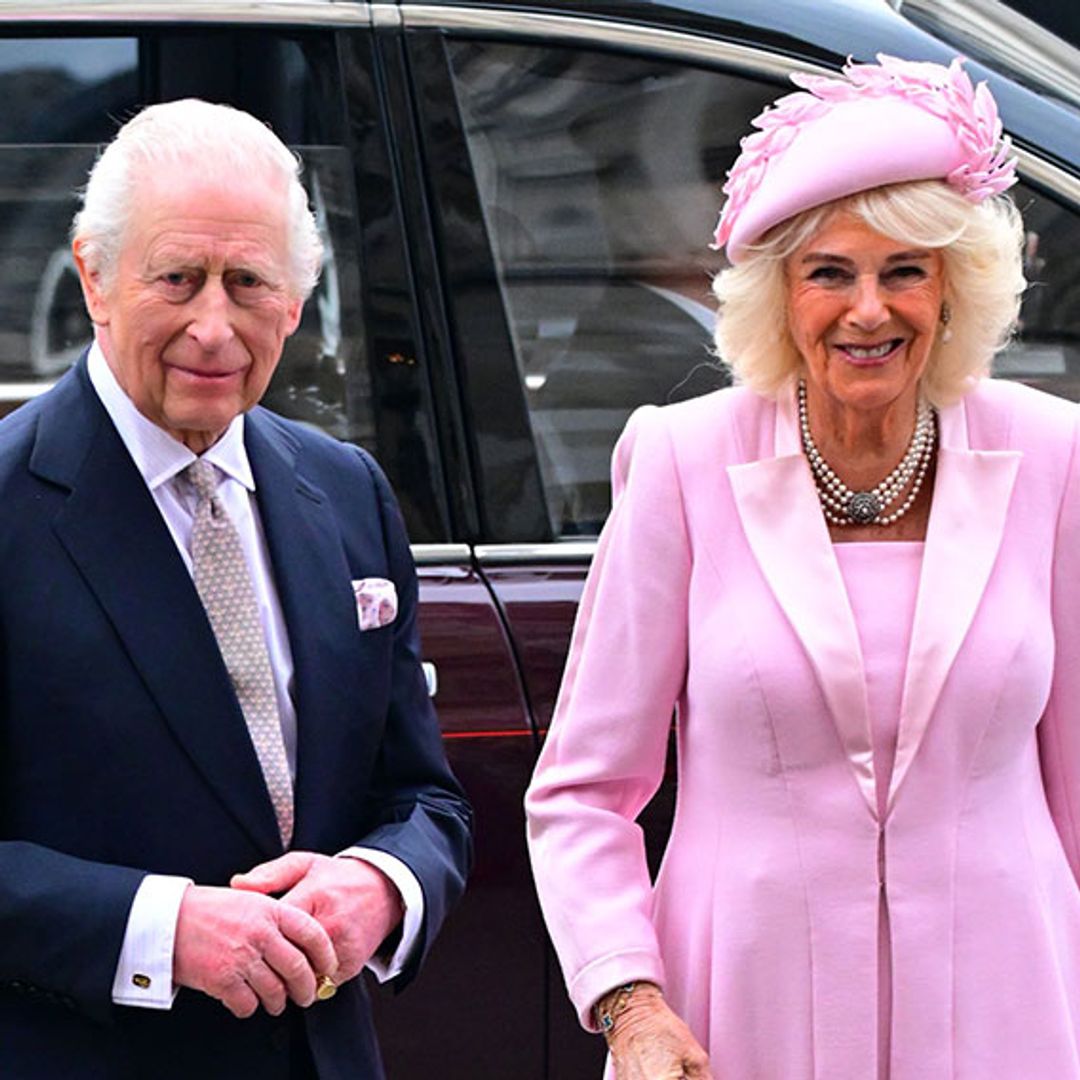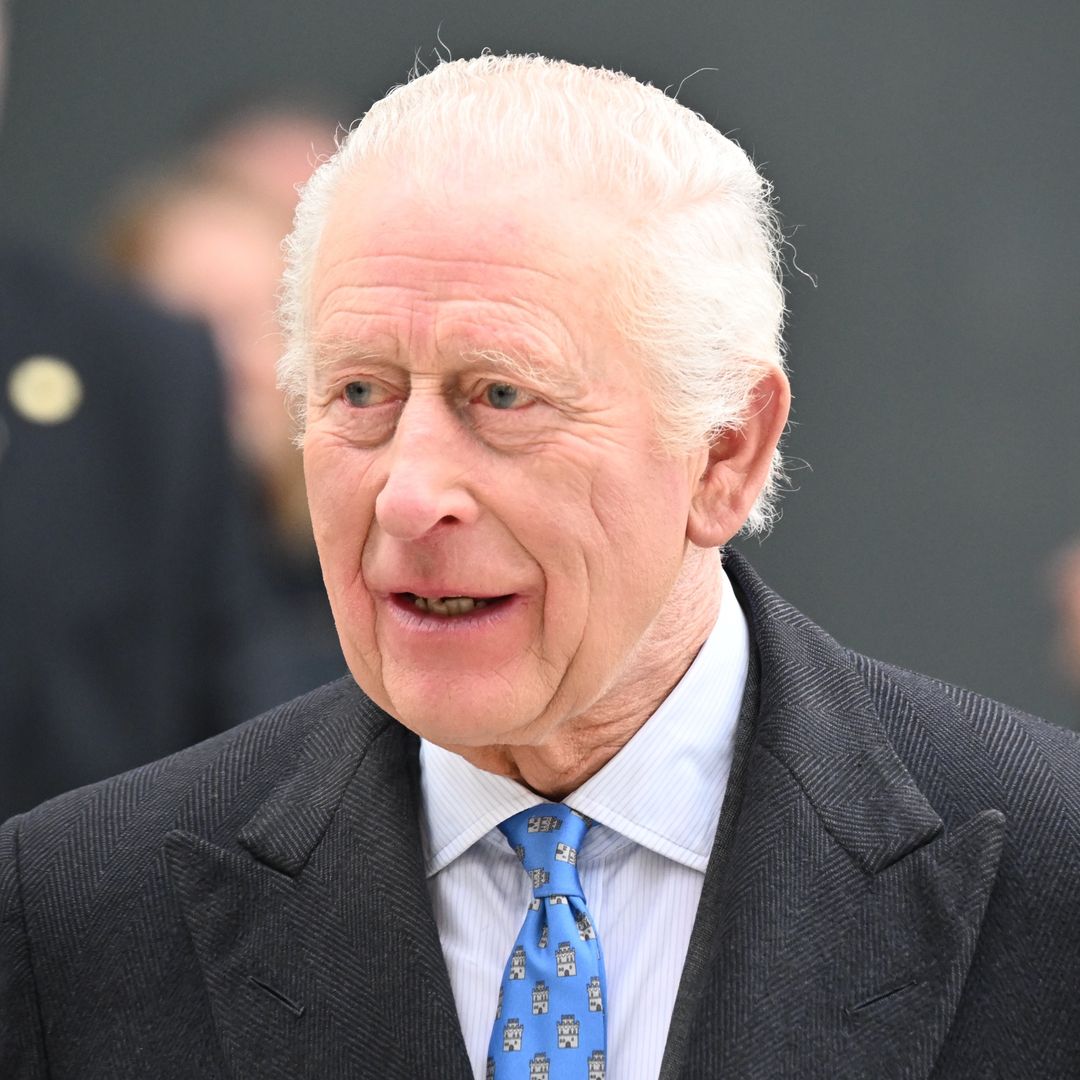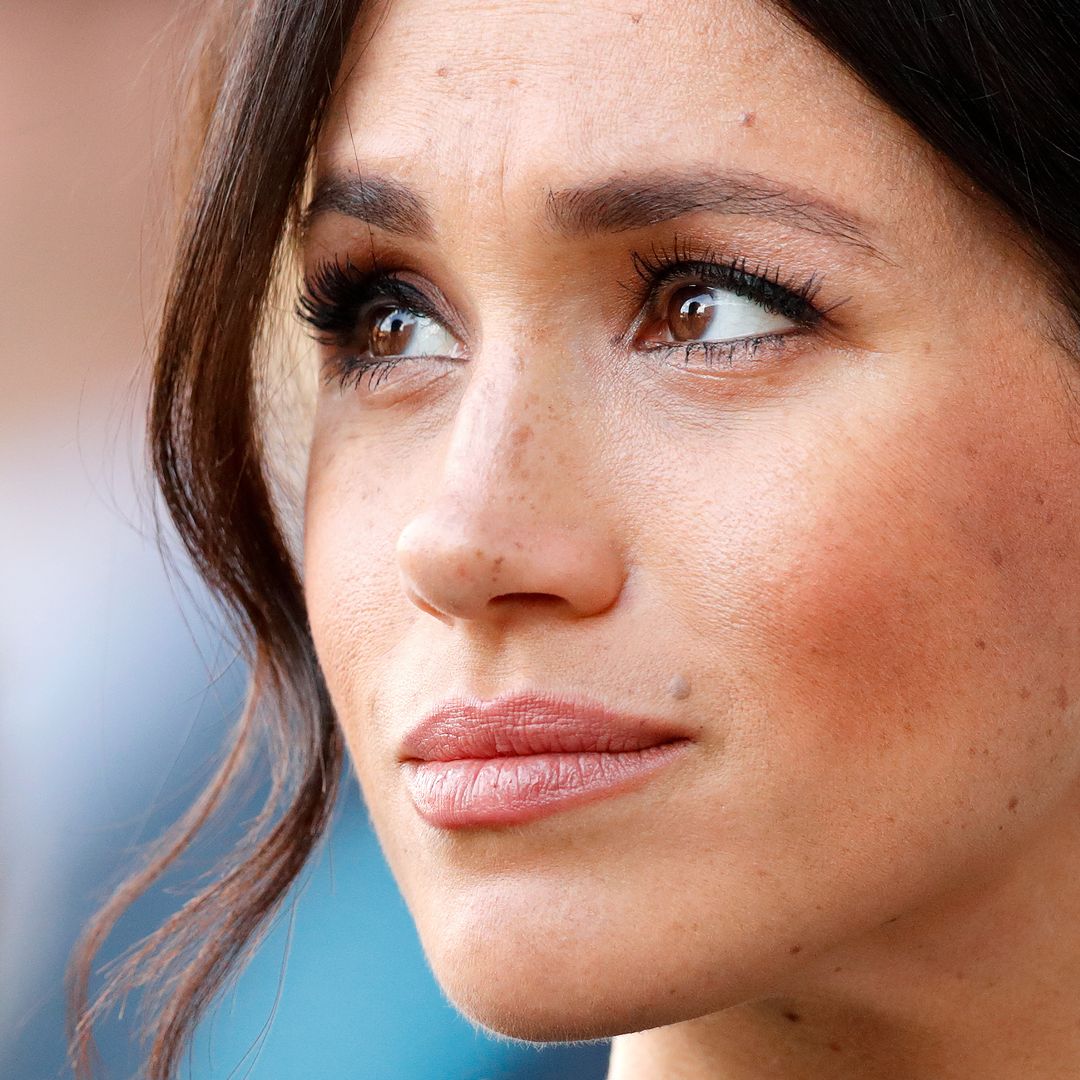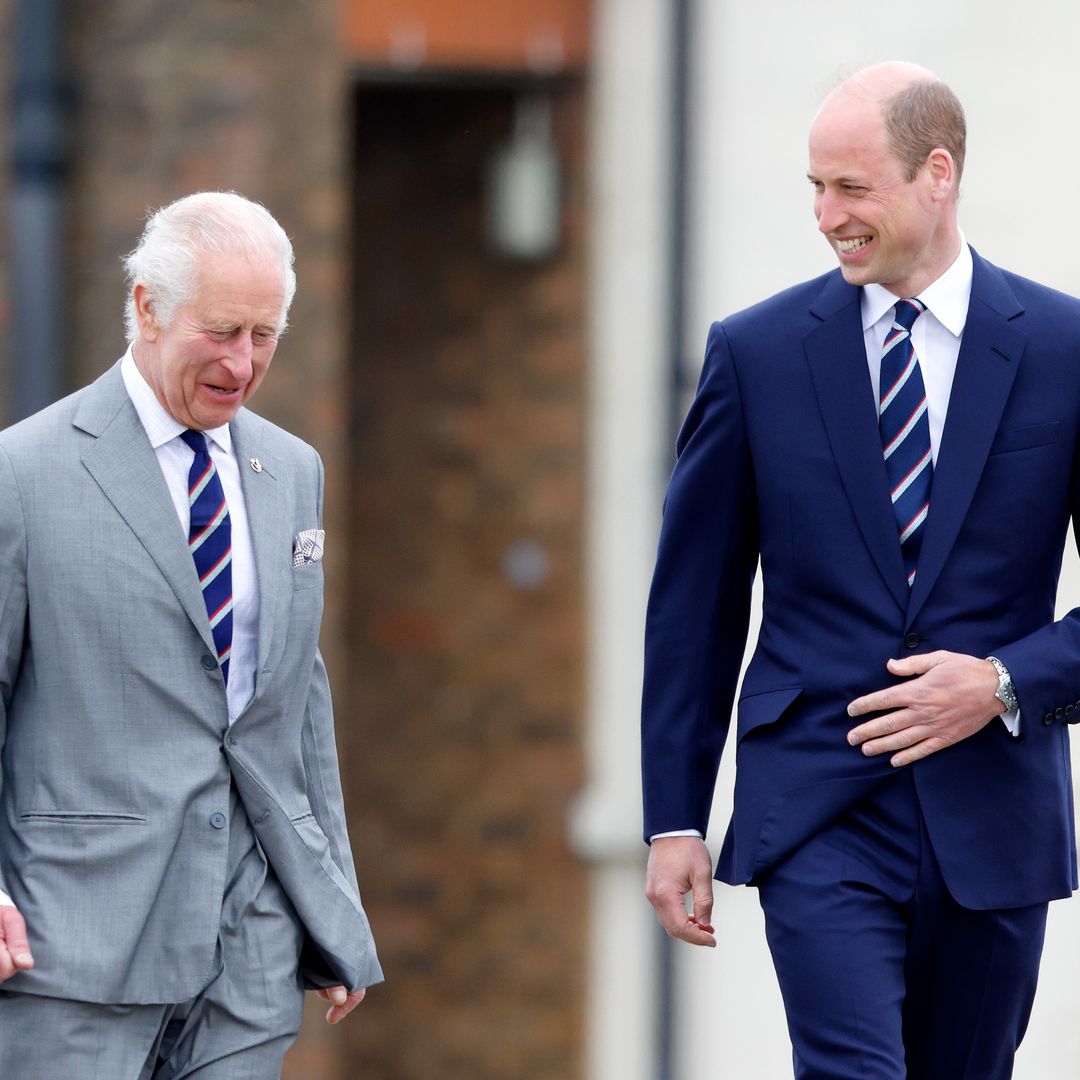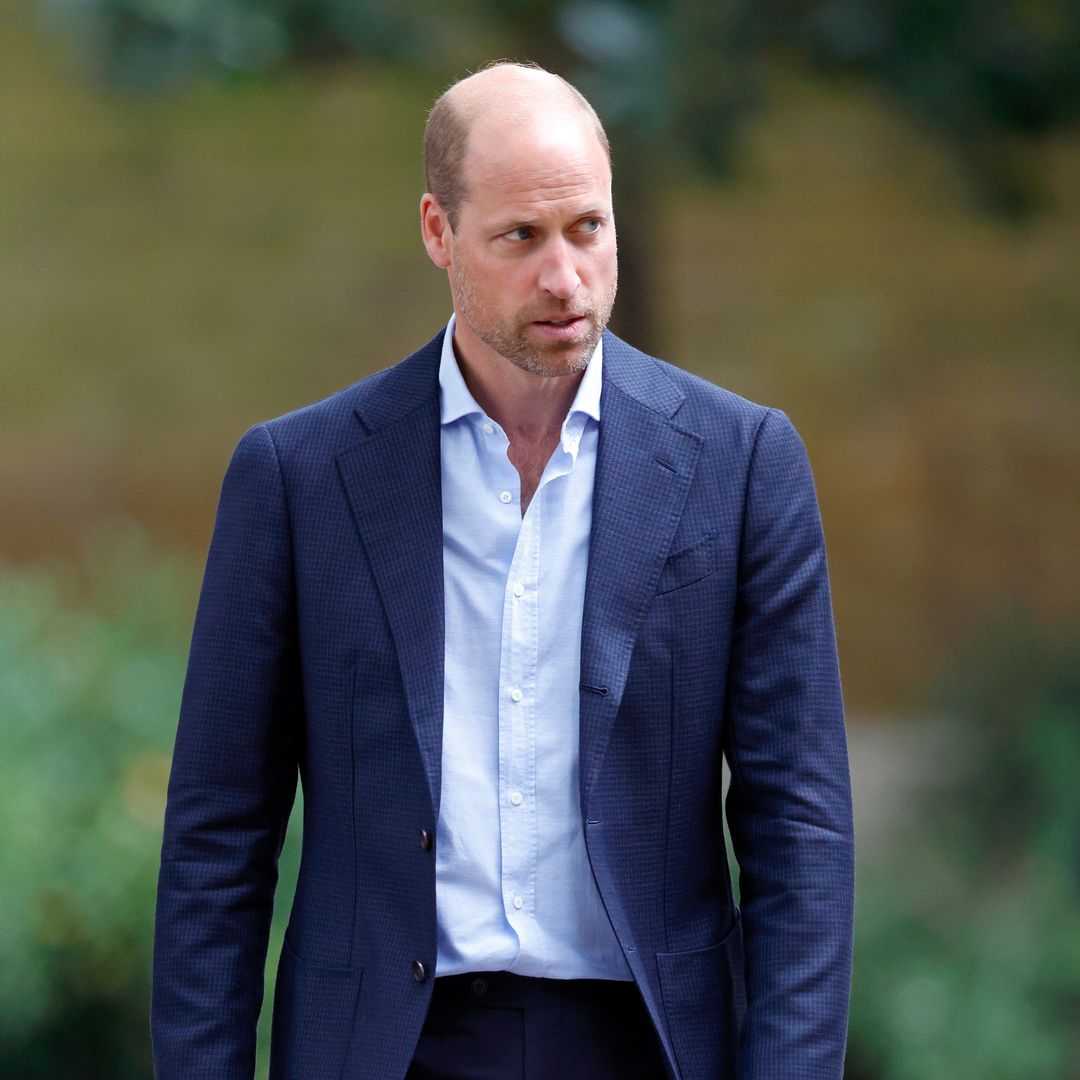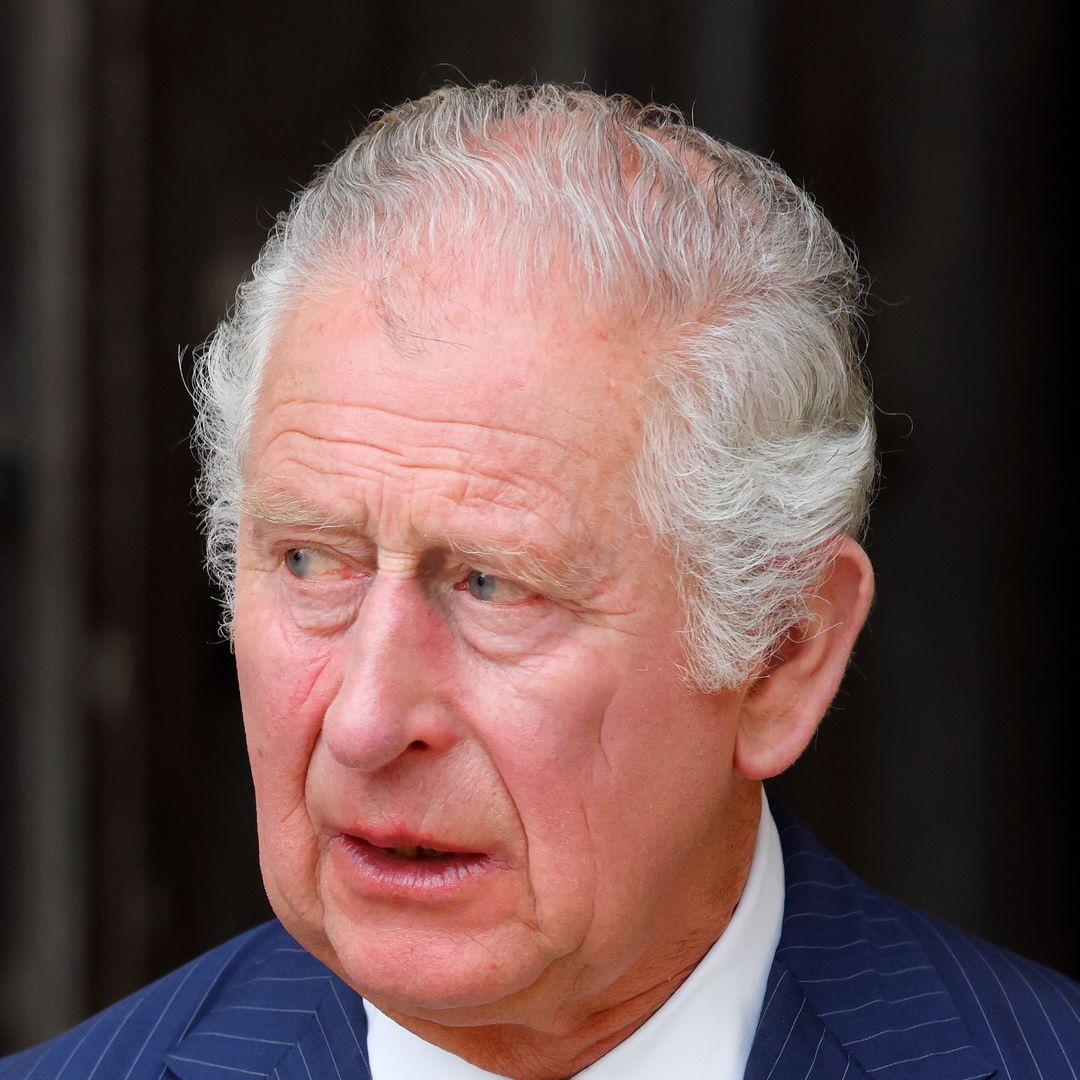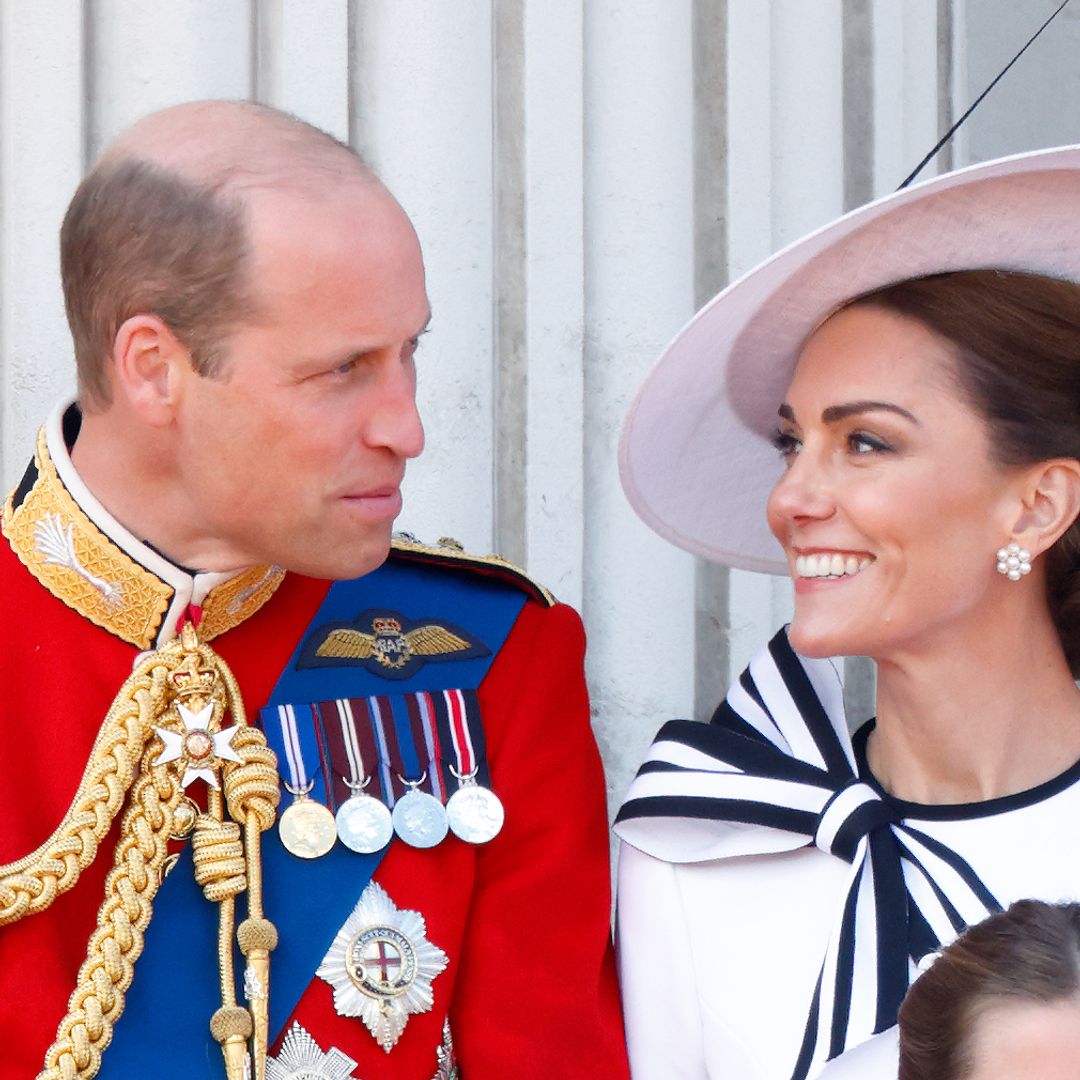The Prince of Wales received an annual private income of £23.6 million in the last financial year, but unlike his father, King Charles, Prince William has declined to reveal his tax bill.
As heir to the throne, William, 42, is entitled to the surplus profits of the Duchy of Cornwall estate, which owns land in 23 counties across England and Wales.
The surplus pays for the official, charitable and private lives of William, Kate and their three children, Prince George, 11, Princess Charlotte, nine, and six-year-old Prince Louis.
Kensington Palace said the Prince paid tax at a standard UK tax rate once official costs had been deducted, but the amount he paid in tax was not disclosed. It is not a requirement for William to disclose the figure.
In contrast, accounts for the King, who was previously Prince of Wales and Duke of Cornwall, revealed that he voluntarily paid £5.9 million in income tax in the last full year he held the titles.
Charles's annual review would also detail his broad income and expenditure of the Duchy money, plus details of the number of valets, housekeepers, dressers chefs, butlers and gardeners he employed, and his tax bill, but there was no such detail for the Waleses' households.
It is understood that rather than deliver a lengthy report, a clear bullet-pointed annual update was chosen instead, and the information included was what the Kensington Palace household was willing to share at this stage.
The Duchy of Cornwall claims a Crown exemption meaning the Prince of Wales is not legally liable to pay income or corporation tax on its revenues, but he chooses to pay income tax voluntarily.
This is a practice adopted by his father, Charles, who volunteered to do so from 1993 onwards when he was the Prince of Wales.
The Duchy was established by Edward III in 1337 to provide a private income for his son and heir to the throne Edward, later known as the Black Prince, and its purpose remains the same today.
Last year William received about £6 million from the Duchy because he became the Duke of Cornwall on the death of the late Queen half-way through the financial year, and the Duchy also asked to retain an extra proportion for the day-to-day running of the estate.


